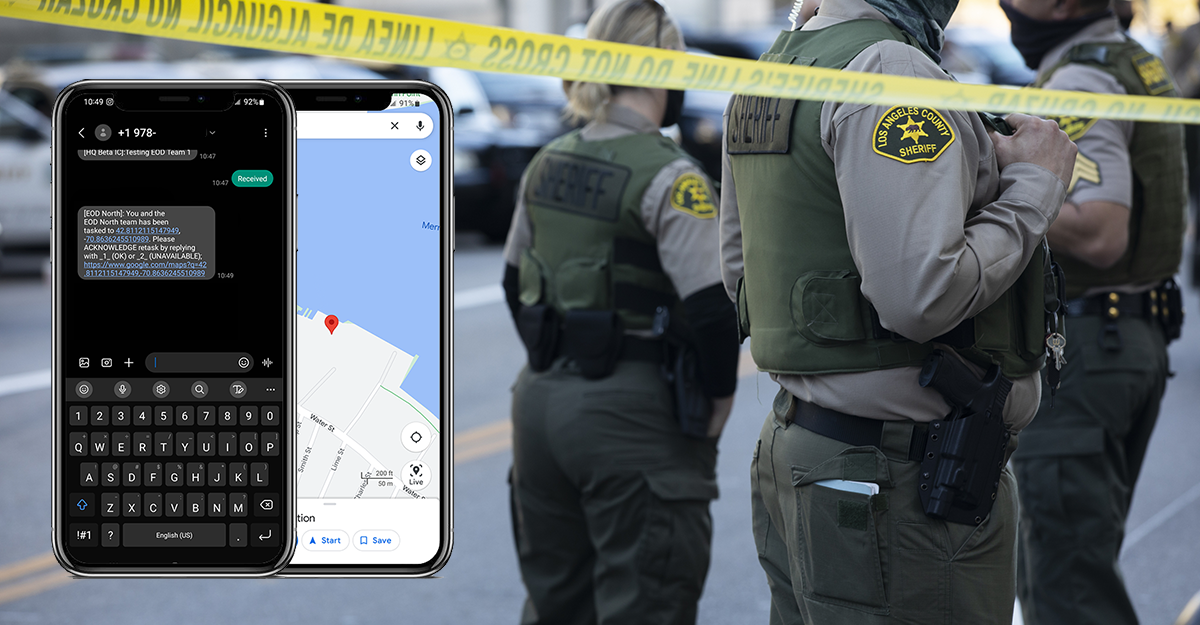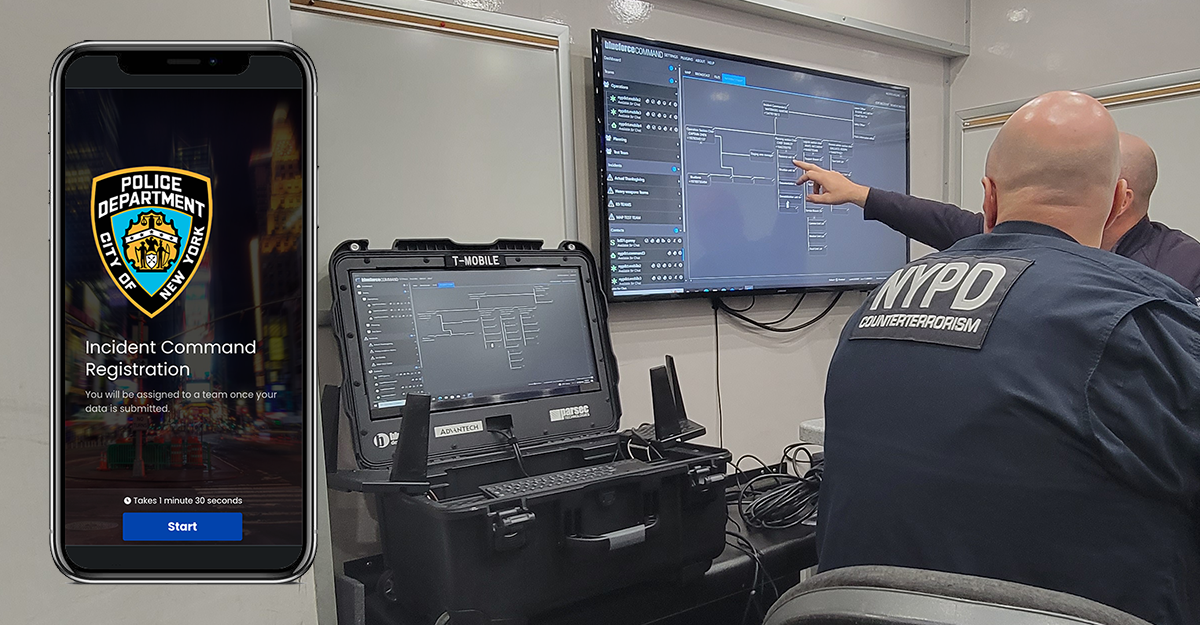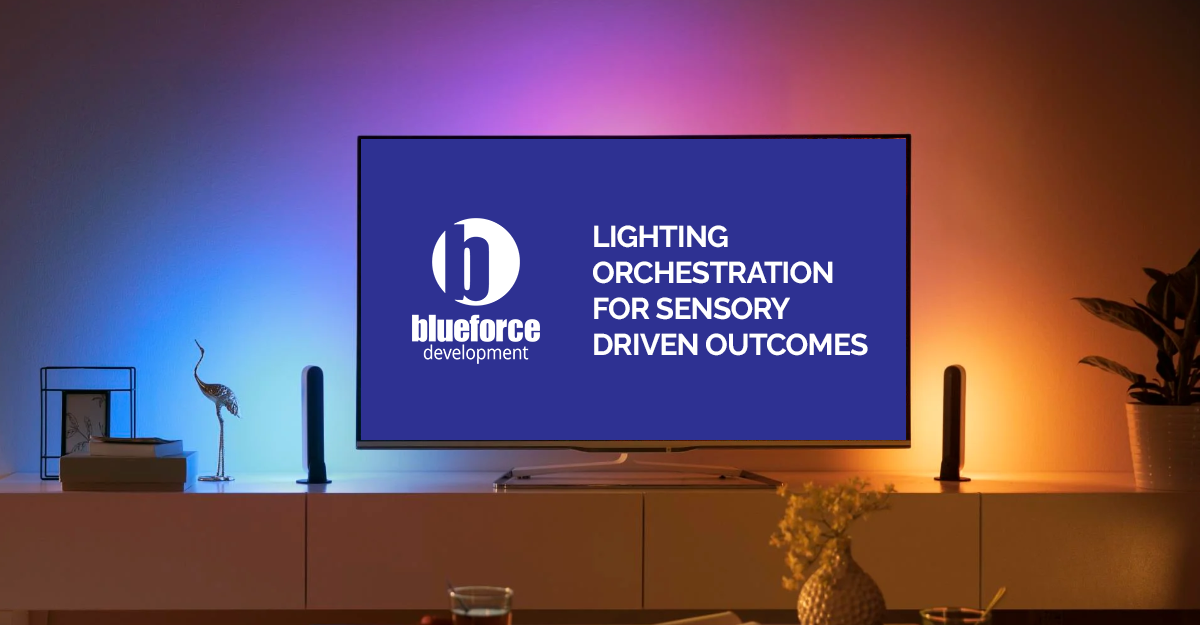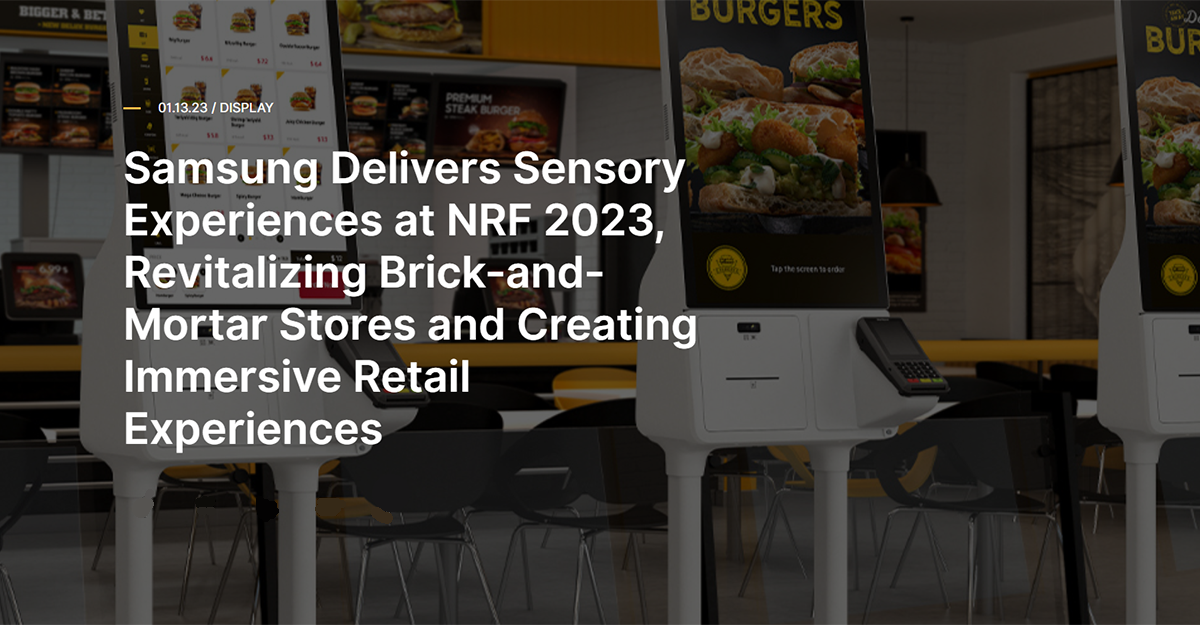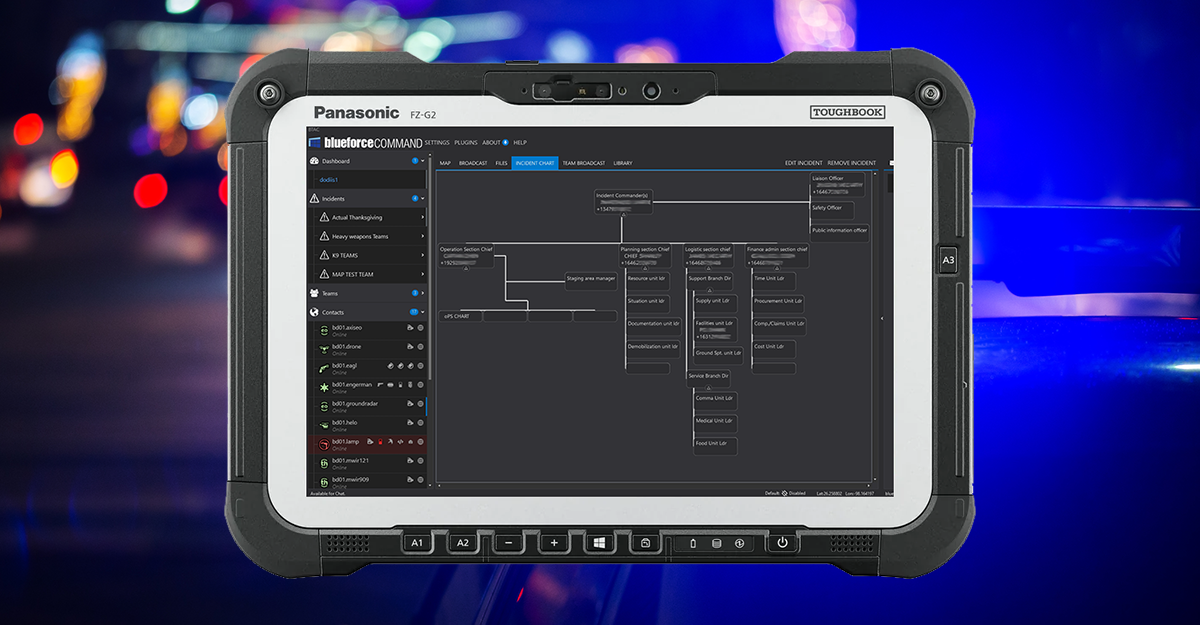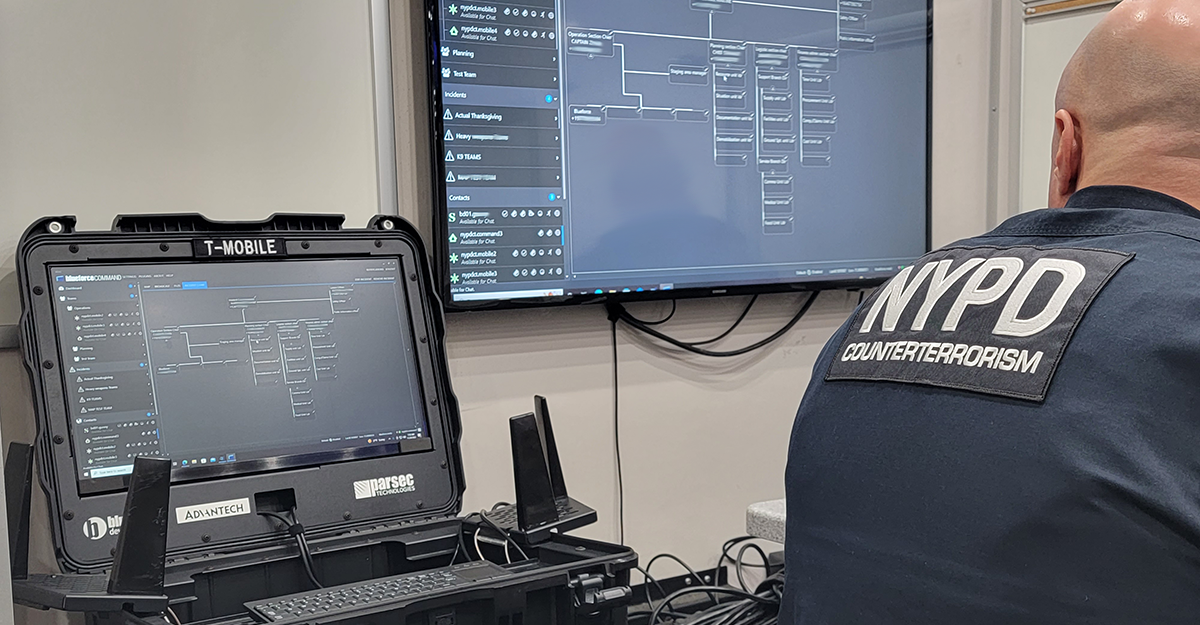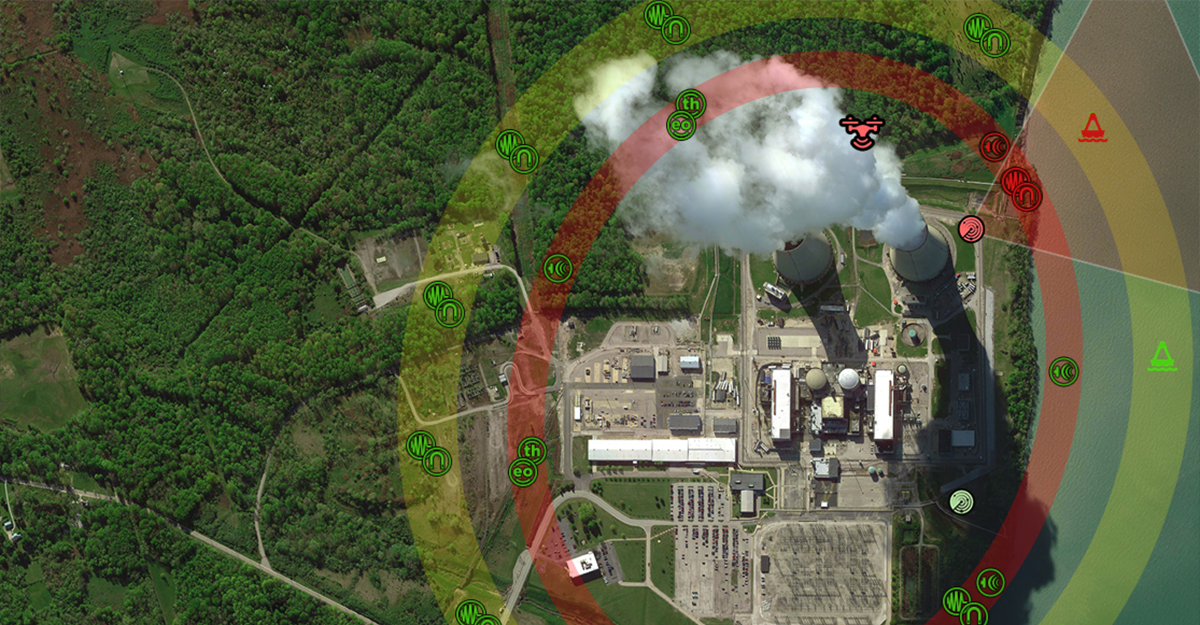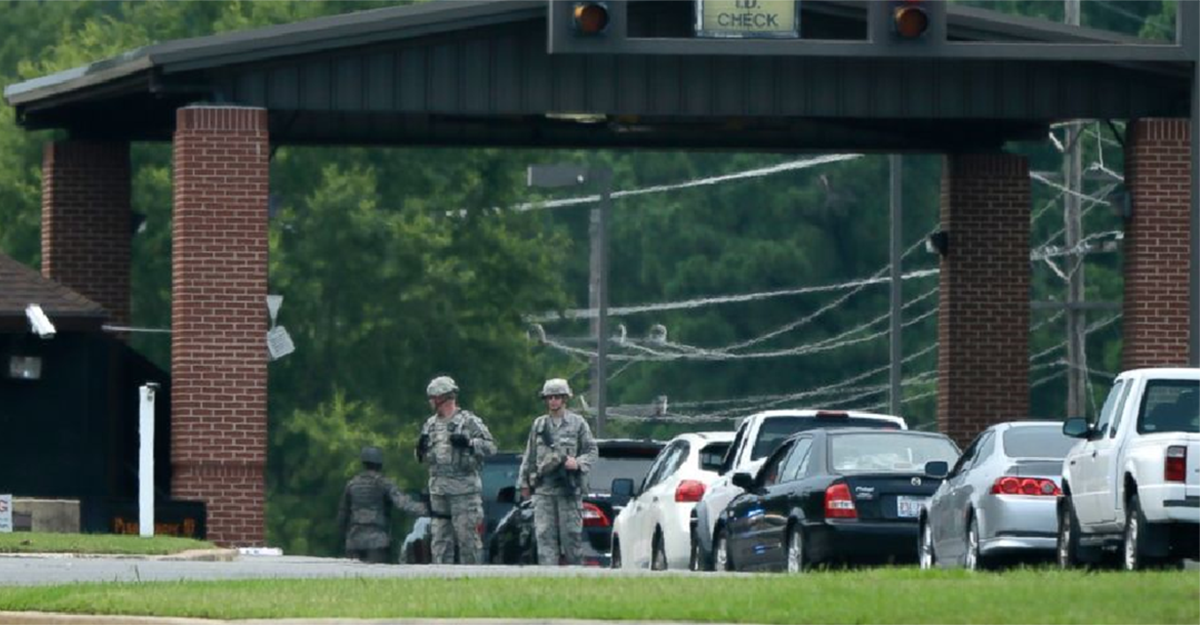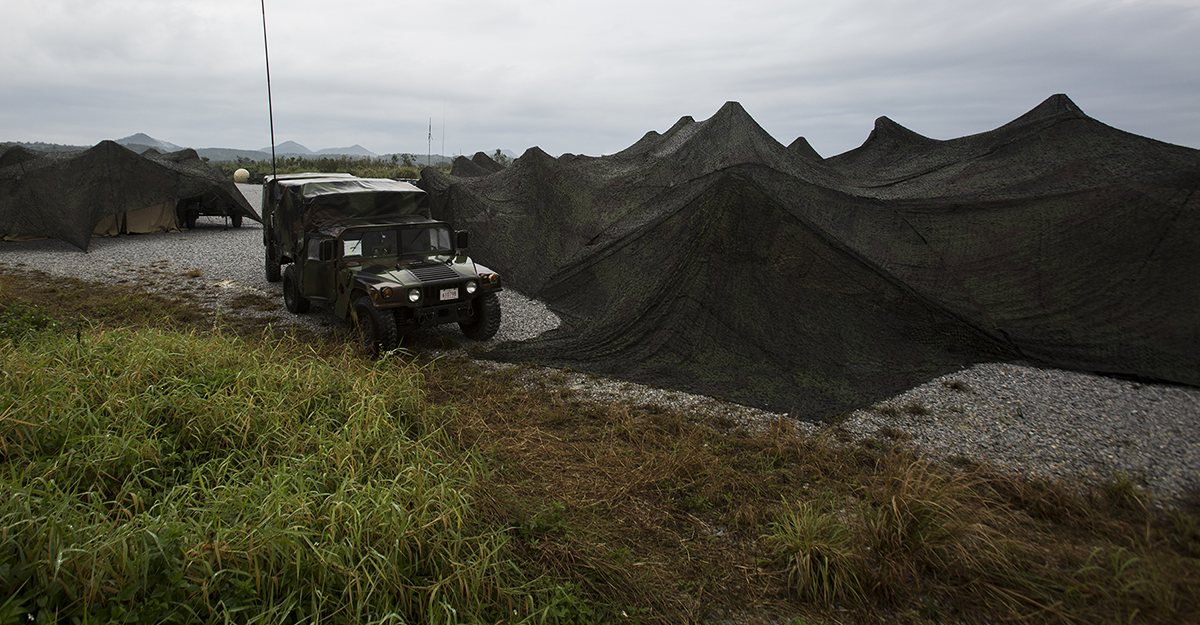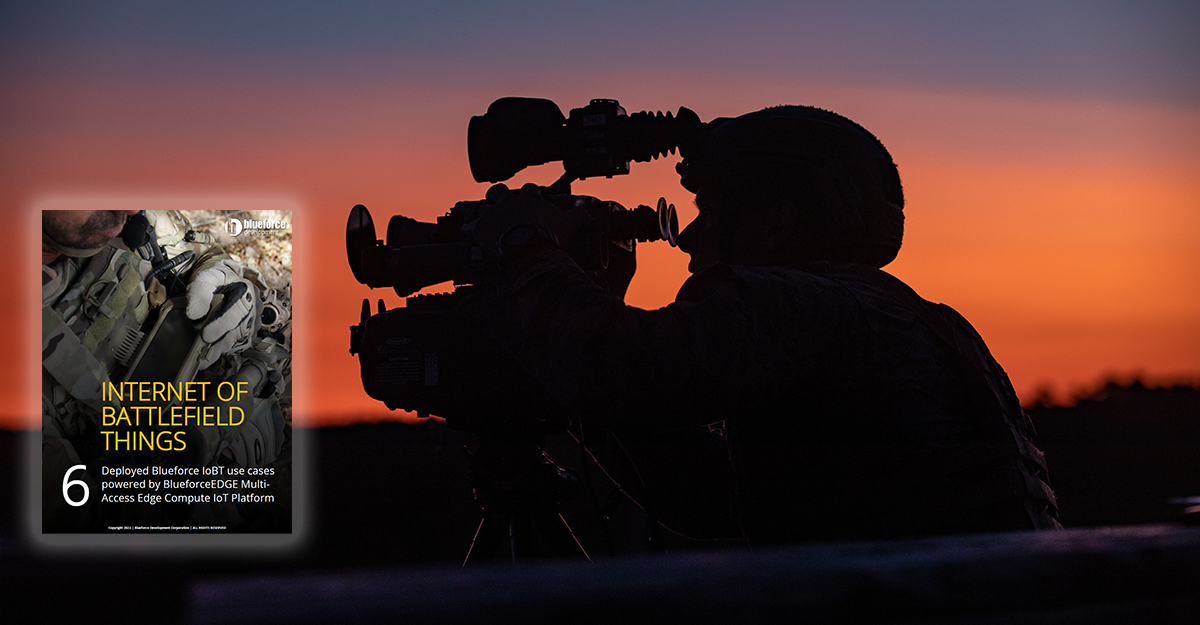During complex emergencies, such as natural disasters, civil unrest, or mass migration, radio communication is often a critical tool for coordinating response efforts, providing information to affected populations, and maintaining public safety. During large or complex incidents, radio traffic can become congested due to high demand, making it difficult for incident command to transmit and receive messages effectively. As well, given the crush of responding...
Read MoreThe 2022 Blueforce Texas Road Show
The 2022 Blueforce Texas Road Show gives you hands-on access to the latest in Public Safety, Safe Campus, and Autonomous Platform technologies. The Road Show kicks off Tuesday October 11, 2022 in Houston. For more information, click here…



